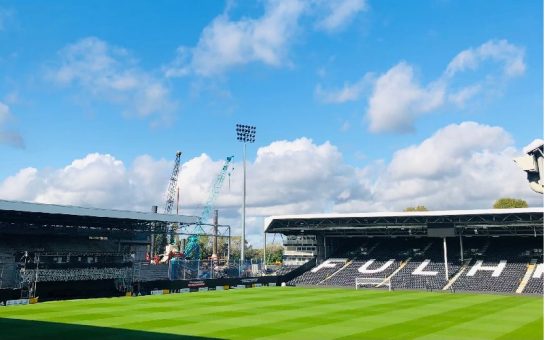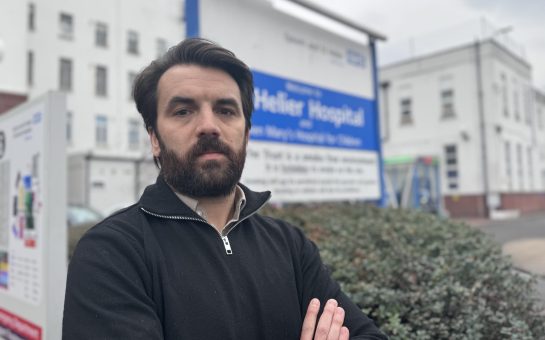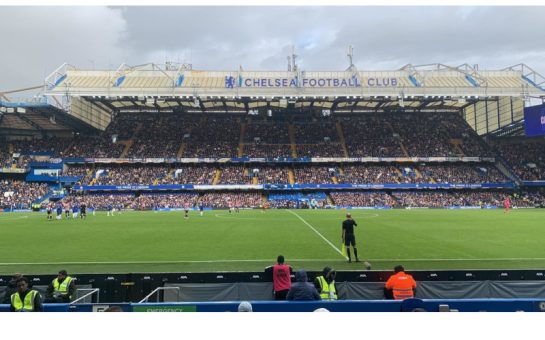NHS plans to close the specialist stroke centre at Charing Cross Hospital in Fulham along with four A&E units in west London.

NHS plans to close the specialist stroke centre at Charing Cross Hospital in Fulham along with four A&E units in west London.
The arrangement will lead to joining two specialist stroke units within a stone’s throw of each other in central London – while shutting west London’s premier facility – and threatens to ‘put lives at risk’, according to Hammersmith & Fulham Council’s community care cabinet member, Cllr Marcus Ginn.
“Moving the world-class stroke unit at Charing Cross to St Mary’s in Paddington is madness,” added Cllr Ginn.
“For people having a stroke, speed of treatment is vital.”
NHS bosses have stressed the need to locate hyper-acute stroke units (HASUs) evenly across the capital to minimise journey times.
Yet this new plan moves the west London HASU away from the major centres of population and towards the existing central London unit at UCL, putting two of the capital’s five specialist stroke units on the same road – just 1.7miles away from one another.
Experts from H&F Council’s transport team say some residents will be more than an hour away from their nearest HASU, creating stroke ‘black-spots’ where expert care is dangerously far away.
“Closing the stroke unit at Charing Cross means people from Hammersmith, Ealing and Chiswick will have to travel up to six miles to St Mary’s or Northwick Park in Harrow, along some of the most congested roads in London,” Cllr Ginn said.
“For people living in Fulham and Putney, the picture is even worse. The nearest specialist stroke unit will be at St George’s Hospital in Tooting, over an hour away.”
However, the NHS business case fails to analyse how much longer ambulance journey times will be if the Charing Cross centre is closed.
H&F Council says this is further evidence that the public consultation on the plans is deeply flawed.
The current HASU at Charing Cross has achieved huge success in reducing stroke deaths and lauded as a centre of excellence in the NHS’s own consultation document.
The chances of getting speedy treatment for a stroke will be further diminished by the proposals to close four A&E departments in west London.
For some residents it would mean ambulances would take more than 30 minutes and car journeys would take up to 54 minutes.
“We support the arguments in favour of creating specialist centres like the one at Charing Cross,” said Cllr Ginn.
“However, we think the proposal to close the Charing Cross stroke unit and four A&E departments is less about clinical need and more about preparing to sell off the site to balance the books.”
H&F Council is warning that closure of the stroke unit and the A&E department at Charing Cross will be the final step towards the complete closure and sale of the hospital.
Over recent years, many of the major specialisms that have made Charing Cross one of the country’s leading teaching hospitals have been closed, including vascular and orthopaedic surgery and neurosurgery.
“The people of west London are mobilising to resist this slash-and-burn madness,” says Cllr Ginn.
“More than 3,000 people have signed our petitions and sent in their own personal stories to show how important these acute hospital services are to local people. I urge everyone in west London to join our fight to save these precious services.”
Follow us on @SW_Londoner




